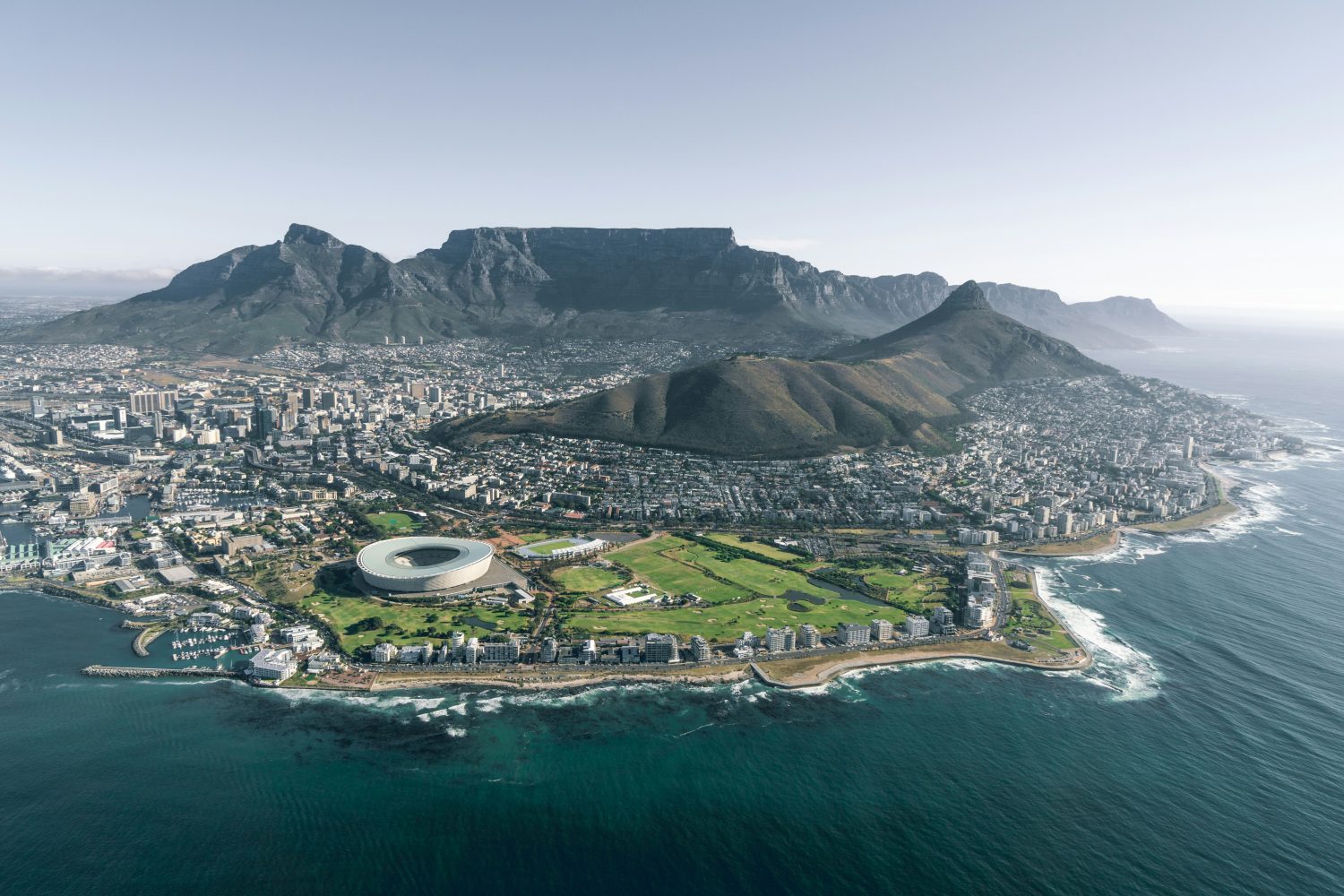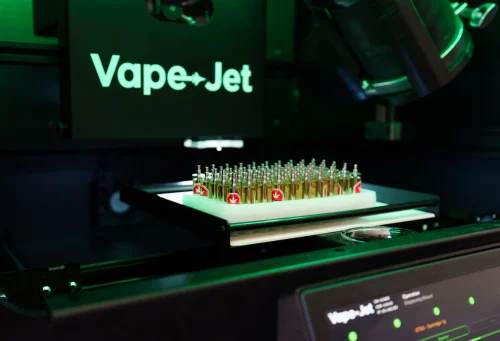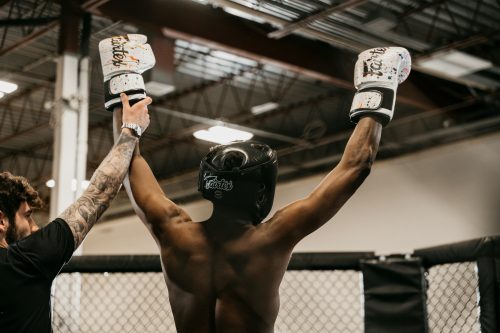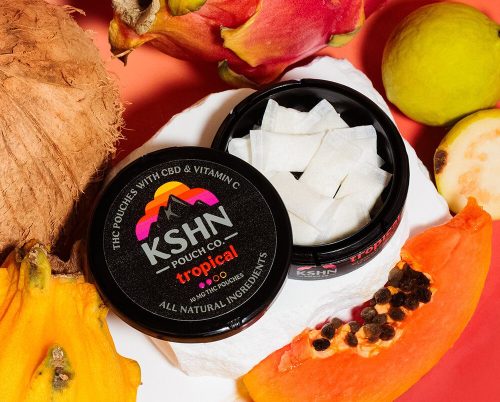Cannabis in South Africa has a relationship that has transformed dramatically in recent years. What began as a constitutional challenge has evolved into one of the most progressive private-use frameworks on the African continent.
After the 2018 Constitutional Court ruling that decriminalized personal possession and cultivation for adults, Parliament followed through with the Cannabis for Private Purposes Act of 2024, officially signed by President Cyril Ramaphosa on May 28, 2024. This new legislation reshaped the boundaries of what South Africans can and cannot do with cannabis, ushering in a new era of cautious freedom mixed with regulatory complexity.
Cannabis In South Africa: From Courtrooms to Lawmaking
The story begins with the 2018 Constitutional Court case Minister of Justice and Constitutional Development v Prince and Others. The court ruled that criminalizing adult possession and cultivation of cannabis for private use violated the constitutional right to privacy. This decision forced lawmakers to re-examine cannabis policy in South Africa and set the foundation for the Cannabis for Private Purposes Act (CfPPA).
The 2024 Act officially codified those privacy rights into law. It permits adults to possess, cultivate, and consume cannabis in private spaces, provided the activities are for personal use. However, it does not open the door to public consumption or commercial sales.
This distinction is critical: South Africa’s new law is not “legalization” in the retail sense—it’s decriminalization with boundaries, emphasizing privacy over profit.
Cannabis in South Africa: Private Use and Possession
Under the CfPPA, any adult aged 18 or older can use, possess, and cultivate cannabis for private purposes within a private place. “Private” in this context refers to areas not accessible to the general public—essentially one’s home or other private property. You may also share cannabis with another adult as long as there’s no form of payment involved. Gifting is legal; selling is not.
The Act prohibits public use entirely. You can carry cannabis in public, but it must be concealed from view, and you cannot consume it in a public setting. It’s also illegal to use cannabis in the presence of children or non-consenting adults, even within private property. These conditions are designed to balance personal freedoms with public health and safety.
Another major provision is the expungement of certain criminal records related to minor cannabis offenses. People previously convicted for possession or private use can now apply to have those records cleared—a restorative justice element that reflects the government’s acknowledgment of the past harm caused by strict prohibition.
What Remains Illegal: Cannabis in South Africa
Despite the reforms, many aspects of cannabis use remain off-limits. Buying, selling, or otherwise “dealing” in cannabis remains a criminal offense unless done under a separate national law, such as those governing medical or industrial hemp. Importing and exporting cannabis also remain illegal without special authorization.
Law enforcement continues to prosecute public consumption, sales, and unlicensed distribution of cannabis in South Africa. The Act’s language is clear: private use is legal, but commercialization without regulation is not. Those found selling cannabis outside authorized frameworks risk facing severe penalties under existing narcotics laws.
Medical Cannabis in South Africa: The SAHPRA Framework
Medical cannabis in South Africa operates under a completely separate legal and regulatory framework managed by the South African Health Products Regulatory Authority (SAHPRA). Patients who require cannabis for medical reasons can access it through Section 21 of the Medicines and Related Substances Act, which allows doctors to apply for authorization on behalf of individual patients.
Cultivation and manufacturing of cannabis in South Africa for medical purposes require SAHPRA licensing, with strict oversight on security, quality control, and adherence to Good Manufacturing Practices (GMP). These licenses are limited and typically geared toward companies producing pharmaceutical-grade products for export or domestic distribution under prescription.
In 2024, medical cannabis took a symbolic leap forward when Cilo Cybin Holdings became the first South African cannabis company to list on the Johannesburg Stock Exchange. This milestone underscored both the legitimacy and the growing economic potential of the country’s medical cannabis sector, even as recreational sales remain off the table.
Hemp and Industrial Cannabis in South Africa
Parallel to the CfPPA, South Africa recognizes hemp as an agricultural crop distinct from drug-type cannabis. Hemp is defined as cannabis containing less than 0.2% THC, and cultivation falls under the authority of the Department of Agriculture, Land Reform and Rural Development (DALRRD).
Farmers wishing to grow hemp must apply for a DALRRD permit and comply with strict regulations on seed genetics, THC content, and end-use products. The government’s broader National Cannabis Master Plan envisions hemp as a key component of rural development, job creation, and sustainable agriculture. South Africa’s climate and agricultural infrastructure make it particularly well-suited for hemp cultivation, and the industry has already attracted investors interested in textiles, building materials, and wellness products.
CBD: Legal but Limited
South Africa’s approach to CBD products is more flexible than its stance on THC, but still highly regulated. In 2019, the government issued exemptions allowing certain low-dose CBD products to be sold without prescription, provided they contain no more than 20 mg of CBD per daily dose and negligible amounts of THC. These products can make only general wellness claims and must comply with SAHPRA’s labeling and quality standards.
Anything exceeding those thresholds is treated as a scheduled medicine, requiring registration and authorization. This framework has helped create a modest but legitimate CBD market in South Africa, though most products remain limited in potency and therapeutic claims.
The Gray Area: Cannabis Social Clubs in South Africa
With public sales banned and private use permitted, South Africa has seen the rise of “cannabis social clubs.” These member-based organizations typically operate under the argument that they are private associations where adults collectively grow and share cannabis in South Africa.
However, the 2024 Act does not formally recognize or regulate these clubs, leaving them in a legal gray area.
While some clubs have operated with limited interference, authorities maintain that any exchange involving payment, even membership fees that indirectly cover cultivation costs, can still be interpreted as dealing. Until further legislation provides clarity, cannabis social clubs remain unregulated and potentially vulnerable to prosecution.
Driving, Public Safety, and Enforcement
The National Road Traffic Act makes it an offense to drive under the influence of alcohol or any narcotic drug, including cannabis. There’s no set THC limit like those seen in some other countries, meaning enforcement depends on observed impairment. Police can charge drivers suspected of being under the influence, and penalties can be severe.
In short: cannabis and cars don’t mix. Even if your possession and use are legal, operating a vehicle while impaired is not.
Cannabis Tourism and Travelers
Visitors to South Africa should exercise caution. The private-use law applies only to adults within the country’s borders, and it does not extend to travelers attempting to import or export cannabis. Bringing cannabis into or out of South Africa remains illegal, and airports enforce strict compliance.
Tourists can legally use cannabis in private spaces, provided it’s done discreetly and with consent from property owners or hosts. However, buying cannabis from unlicensed sources or using it in public places can lead to fines or arrest.
Economic and Social Implications
The evolution of South Africa’s cannabis policy carries profound social and economic implications. Socially, it marks a shift toward treating cannabis use as a personal choice rather than a criminal act. Legally, it brings long-overdue clarity to the gray areas between personal freedom, medical need, and public responsibility.
Economically, South Africa stands to benefit from its agricultural capacity, research potential, and strategic export positioning. Yet the full promise of a regulated cannabis economy remains just out of reach. The government must still determine how to integrate medical, industrial, and private-use frameworks into a coherent national strategy.
What Comes Next for Cannabis in South Africa
The next phase of South Africa’s cannabis reform will depend on regulatory follow-through. Key questions include whether the government will eventually allow adult-use retail sales, how enforcement will balance personal freedoms with public safety, and whether provincial or local governments will develop their own cannabis policies.
The groundwork for a full-fledged industry for cannabis in South Africa is there: private use is protected, medical cannabis is licensed, hemp is legal under agriculture, and CBD products are on the market. But until retail regulation arrives, most South Africans will continue operating in a hybrid system that’s both liberated and restricted.
South Africa’s cannabis laws have come a long way since prohibition. The Cannabis for Private Purposes Act of 2024 turned personal cannabis use into a matter of privacy rather than criminality, making the country a continental leader in reform. Still, this is not a free-for-all—public use, sales, and unlicensed trade remain illegal.
The safest and smartest approach for South Africans and visitors alike is to keep cannabis use private, avoid driving under the influence, and stay clear of any commercial activity not explicitly licensed.
As South Africa continues refining its cannabis regulations, the country has the opportunity to model a uniquely African path toward legalization, one that balances freedom, safety, and economic growth in equal measure.
–
Pair your next smoke session with a Triple hemp THC seltzer or lemonade or a Happie hemp THC seltzer — use code RespectMyRegion20 at checkout for a discount on Happie products. Both deliver smooth, uplifting effects that enhance relaxation and complement your favorite terpenes.
Affiliate Disclaimer:
Some links in this article may be affiliate links. Respect My Region may earn a small commission if you purchase through them. The code “RespectMyRegion20” provides a discount on Happie products. All products are intended for adults 21+ and compliant with hemp and cannabis laws where applicable. Respect My Region does not sell or distribute THC or hemp-derived products directly.







